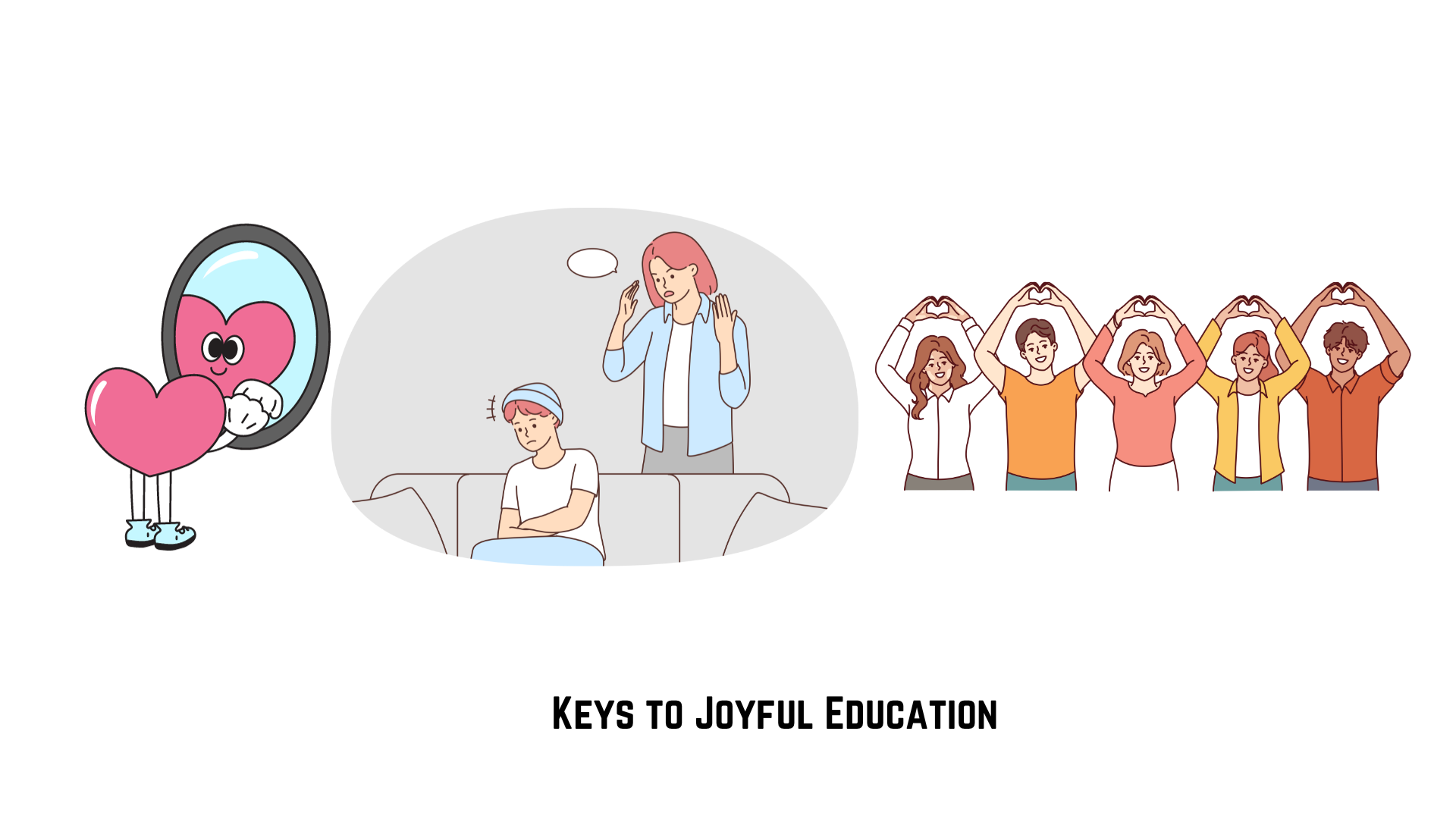Trending Now
- “If Edappadi Palaniswami permits, a thousand young members from the Virudhunagar district AIADMK are prepared to take up arms and engage in battle under my command.” – Former AIADMK Minister Rajendra Balaji
- “India is ready to deal with any counter-attack by Pakistan” – Wing Commander Vyomika Singh
- Central govt orders extension of CBI Director Praveen Sood’s tenure for another year
Columns
How The Bureaucracy Saved The Japanese Music Industry
![]() January 27, 2016
January 27, 2016
Okay, so I’m borderline otaku. Maybe not the I-hate-everyone-but-Miku-chan kind, but I absolutely adore Japanese manga and anime. That said, I never understood why the average Japanese teenager-in-ink is the music technology equivalent of Amish. They’re still swapping CDs in tankōbon-land! What gives?
So I did a little research and uncovered startling facts. Close to 85% of all music sold in Japan moves around on those circular, scratch-prone pieces of plastic that went out of style with Creed: the venerable compact disc. Insane! To boot, Japan is the world’s second largest music market.
“Close to 85% of all music sold in Japan moves around on those circular, scratch-prone pieces of plastic that went out of style with Creed: the venerable compact disc.”
Let this sink in for a while: the US, number one in global record sales, has 60% more people than Japan and a 30% market share. The latter, meanwhile, already corners over a fifth of the market, and the International Federation of the Phonographic Industry (IFPI) predicts Japan could eventually dethrone the long-time champ.
More astoundingly, music imports made up a paltry 11% of the revenue pie in 2015, meaning home-grown acts (notably the 127 miniskirted girls-strong group, AKB48) are raking in cash for record labels and publishers at rates far exceeding other top 10 markets.
What’s more, Tower Records surrendered to sharply declining sales in the US in 2006, but its 85 Japanese outlets continue to do roaring business, pulling in almost $500 million every year.
Why? Well, many scholarly essays explaining this phenomena litter the internet and they all share some common threads: namely, Japanese people have a squirrel-like obsession with collectibles so the tactile feel of CDs never lost its charm, or that Napster made no headway in Japan because teenagers mostly use smartphones to socialise, thereby limiting file transfer sizes.
Others propound that since everything is expensive in Japan, dollars and cents figures are grossly inflated, or that Japanese society prefers cash transactions so internet downloads using credit cards never caught on. Perhaps the innate moral compass of Japanese people born of bushido prevented their music industry from tanking in the face of internet piracy, who knows?
I, personally, am going to take the conspiratorial route, and posit that Japan’s all-powerful bureaucracy has been the key lever in keeping this Humpty-Dumpty intact, while record business eggshells around the world cracked under P2P’s vice-like grip. How, you ask?
“Red tape has made it near impossible for global music e-tailers to get a foothold in the Japanese music market.”
Two quick examples: One, it is plain illegal to sell CDs under $25 a pop so bargain-bins don’t exist to dump stock. Also, red tape has made it near impossible for global music e-tailers to get a foothold in the Japanese music market. Digital streaming giant Spotify rented offices in Japan in 2011, but is still not green-lit for business, and it took iTunes over seven years to acquire Sony Music Japan’s catalogue in 2012.
The next question, of course, is “seriously?” Google Japan’s “Iron Triangle” and you quickly realise that national commerce is a spiderweb linking politicians, corporations and the bureaucracy under the motto “if it ain’t broke, don’t fix it.” The record business is no exception, and right now it “ain’t broke.”
Bureaucracies hate change, we know, but Japan’s version fuses the country’s old-school island mentality with paperwork-heavy “administrative guidance” to create a protectionist force field around its music industry. Not only are anti-piracy laws enforced with righteous zeal, but the ability to legally “rent” music CDs has made most wannabe pirates err on the side of honesty.
The Japanese bureaucracy is also no mere executor of Diet laws, it embodies the country’s social pecking order as ordained by the sempai-kohai relationship. This bond anchors Japan’s unique practice of lifetime employment, the “descent from heaven” guarantee for senior civil servants, and the belief that people come first, not the economy.
“[F]or the “Iron Triangle,” a cash cow in hand is better than two hundred digital udders on the internet.
This is not to suggest that Japanese music moguls have contentedly twiddled their thumbs as high barriers to entry repulse outsiders from partaking in profits. They still need local consumers to see value in buying expensive CDs as opposed to streaming free videos on YouTube.
This is where add-ons come in. AKB48, for instance, pioneered the pairing of show tickets and backstage passes with CDs to sell multiple versions of the same disc. Record labels also push artists to endorse products so they get additional face-time on TV; something the Japanese consider a badge of honour, not selling out. Many pop stars also cross-pollinate into reality shows or soaps to reinforce their idol image.
Still, it is hard to imagine that Japan’s music industry would thrive in such technological insularity if it were not for the bureaucracy’s enormous clout and its complete aversion to deregulation. After all, for the “Iron Triangle,” a cash cow in hand is better than two hundred digital udders on the internet.






















